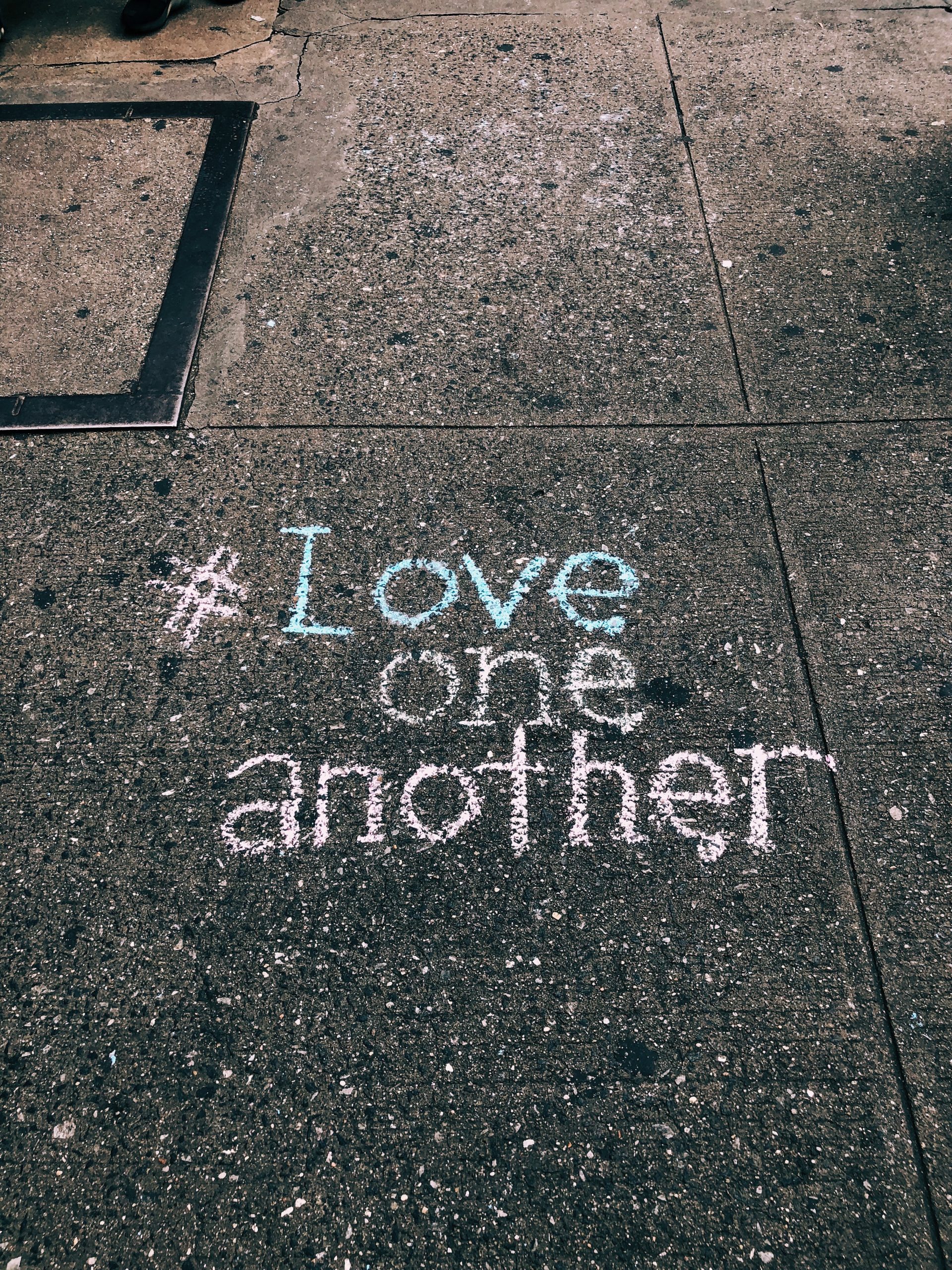Why Sex Education Matters

Sex Ed. Saves Lives
I found myself working in sexology both by accident and by way of education. I was a high school teacher at an alternative public school in Toronto and my students faced more than their fair share of challenges, from dealing with abusive parents and homelessness to poverty and discrimination. I saw the costs of a sex education system that was failing our students — especially those who were already forced to the margins on account of race, gender identity, sexual orientation, income, and/or ability. They came to class every day with questions and problems that intersected with sex: unplanned/unwanted pregnancy, sexual assault, abusive relationships, barriers to healthcare access, STI symptoms, and body image issues, just to name a few. This is what prompted me to go back to school and study sex education, with a specific focus on training and supporting teachers.

My preliminary research opened my eyes to the fact that sex education isn’t just about sex. It’s about relationships, pleasure, confidence, body image, communication, intimacy, conflict resolution, personal values, spirituality, tearing down oppressive institutions and so much more!
Research continues to confirm the importance of sex ed. to the overall well-being and happiness of children and adults alike.
And I’ve learned over the years that sex education saves lives.
Sex education has the potential to saves lives in terms of health outcomes. Culturally relevant, evidence-based, comprehensive sex education has been shown to help to reduce STI transmission and unplanned pregnancies by increasing the likelihood of delaying sex, using condoms, and communicating needs, boundaries, and desires.
But sex ed. isn’t just about reducing STI risk. It’s also about destigmatizing nudity and the human body. It’s about stripping away the shame we’re taught around our bodies — shame that is specific and nuanced according to your gender identity, your race, your culture, your age, your ability, your appearance, and/or your sexual orientation. This body shame can impede you from seeking healthcare, setting boundaries, or even asking for what you really want, which can increase a variety of risks. When sex ed. is inclusive and reflects your real lived experiences, it can revolutionize the way you treat and see your body — and the way you approach your overall health — not just your sexual health.

Sex ed. that specifically centers around the experiences of marginalized folks — POC, queer folks, those struggling with mental health issues, and others — can save lives by highlighting the message that you matter. Internalizing this message of self-worth instead of the messages of worthlessness communicated by a history of being erased from sex ed., can help to build self-esteem and reduce the risk of self-harm. Suicide and drug use rates are understandably higher for trans youth, gay and lesbian youth on account of higher rates of bullying, violence, discrimination, and rejection. Sex education that affirms and reflects the identities of queer youth and includes discussions of consent, mental health, bullying, and sexting is therefore of paramount importance.

In addition to saving lives, sex ed. is also about pleasure and more fulfilling relationships.
When sex education highlights pleasure as a core component of sex, the message that sex should feel good (physically, emotionally, practically, and/or relationally) for all parties involved leads to richer discussions and understandings of consent. This is, of course, relevant in the classroom, but also an important component of adult sex education.
When adults receive sex education that includes discussions of emotional literacy, communication, relationship cultivation, and pleasure, we’re better equipped to navigate our own relationships and share these skills with the next generation. This adult sex education might involve intimate conversations, personal reflections, self-help reading, therapeutic interventions, or fun pleasure-based courses — all of which are valid and meaningful forms of education.
When sex education teaches us to communicate about sex, it also teaches us to reflect upon our own needs and values and communicate our feelings and desires more effectively. This, of course, has the potential to lead to more fulfilling relationships and an overall improvement in our quality of life.

However you slice it, sex education matters, so I challenge you to seek out a new form of sex education today. Whether it’s a book, blog, or online course, give yourself permission to indulge in the lifelong process of learning and reap the benefits — in and out of the bedroom.
Check out the links below for additional information around sex education.
11 Things You Didn’t Learn in Your Sex Education Class (But Should Have)
Why We Need to Make Sex Ed Queer
Accessible Sex: A Beginner’s Guide to Sex with Disabilities
How to Talk to Your Kids About Consent
